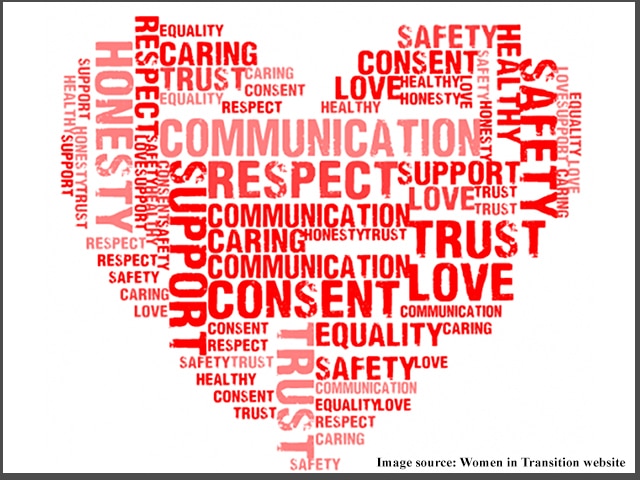
I Don’t Want to Talk About It
Culturally, secrecy and privacy are misunderstood. The message ‘don’t talk about it’ prompts many of us to suffer in silence and isolation in areas of depression, sexual abuse, trauma, shame and loss. We are told to ‘get over it’. The goal of this seminar is to teach healthy understanding of difficult emotions using theories of formative spirituality and internal family systems theory. Learn more
